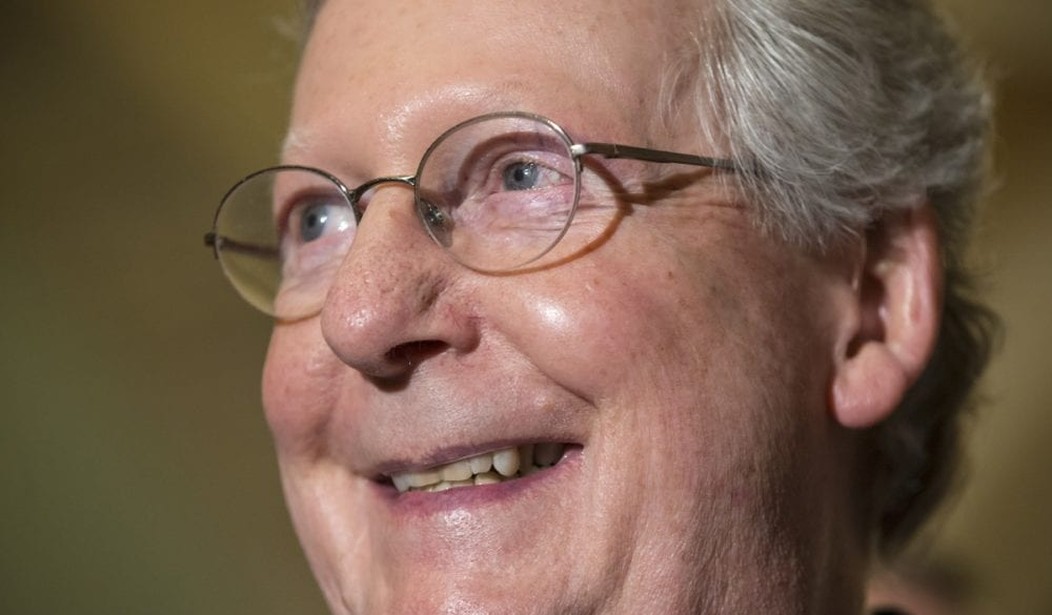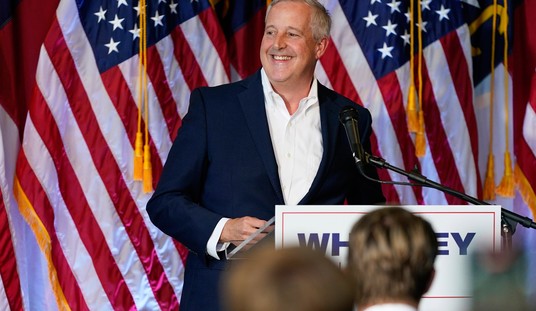Sean Davis at The Federalist, an expert on Senate parliamentary procedure, has a proposal for getting judicial candidates approved with 51 votes without invoking the nuclear option against the filibuster. It’s called the “two-speech rule”:
But what if there were a way to guarantee both an up-or-down vote on a Supreme Court nominee and debate about the nomination? What if there were a way to preserve debate while providing for a final vote? Thankfully, there is a way to accomplish that and, unlike the nuclear option, it doesn’t require any major trickery or parliamentary shenanigans. Instead, all it requires is for the Senate to abide by its own rules regarding debate. This option limits indefinite obstruction while preserving vital debate and protecting the unique nature of the Senate. Not only that, this particular strategy was even used in 1964 by Civil Rights Act proponents who were desperately trying to break a determined filibuster of that landmark legislation.
Forget about the nuclear option and embrace the two-speech rule option.
Davis explains that Senate rules do not actually require 60 votes to shut down debate. He says McConnell can force an eventual vote by enforcing an already-existing rule — the two-speech rule — which says (in Davis’s words) that “once each senator has spoken twice on a matter, debate on that matter is concluded no matter what.” There are two speeches allowed per “legislative day” — but that is a term of art, and the GOP could extend the “legislative day” to encompass the entire debate over a nominee. According to Davis, this rule “means that a final up-or-down vote is guaranteed.” It just may take some time.
Davis explains that the device may be considered more useful for executive nominees than for legislation, where each amendment could provide a new question. However, for important enough legislation, as to which the Senate considers the legislation worth the debate time, the rule could work. Davis says this rule was used to help pass the 1964 Civil Rights Act. It took 81 days, but it passed.
To me, the main concern is that the easier a filibuster is to circumnavigate, the less useful it is as a mechanism for a minority to stop bad policy. We already know from Harry Reid’s example that the filibuster is something less than a full veto by the minority, as long as the Majority Leader is willing to shut it down. Davis’s article shows that there is a way to do that without eliminating extended debate entirely. And extended debate will no doubt be useful to the GOP again one day.
There is no way that the GOP can allow the Democrats to block a qualified nominee like Neil Gorsuch. But if Democrats are foolish enough to filibuster, Davis’s proposal may provide a way to get Gorsuch confirmed without completely nuking the filibuster. At a minimum, it deserves more discussion.













Join the conversation as a VIP Member